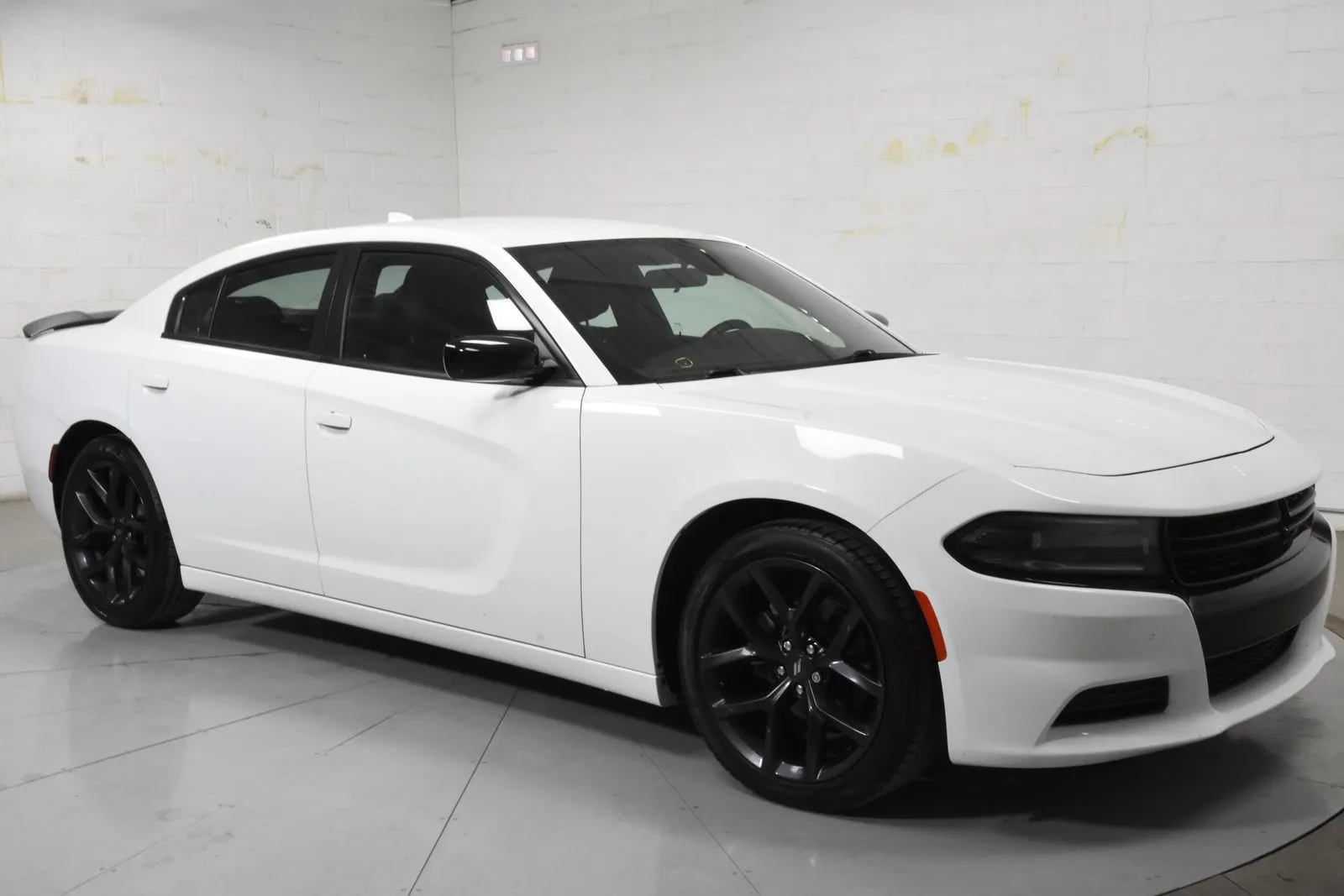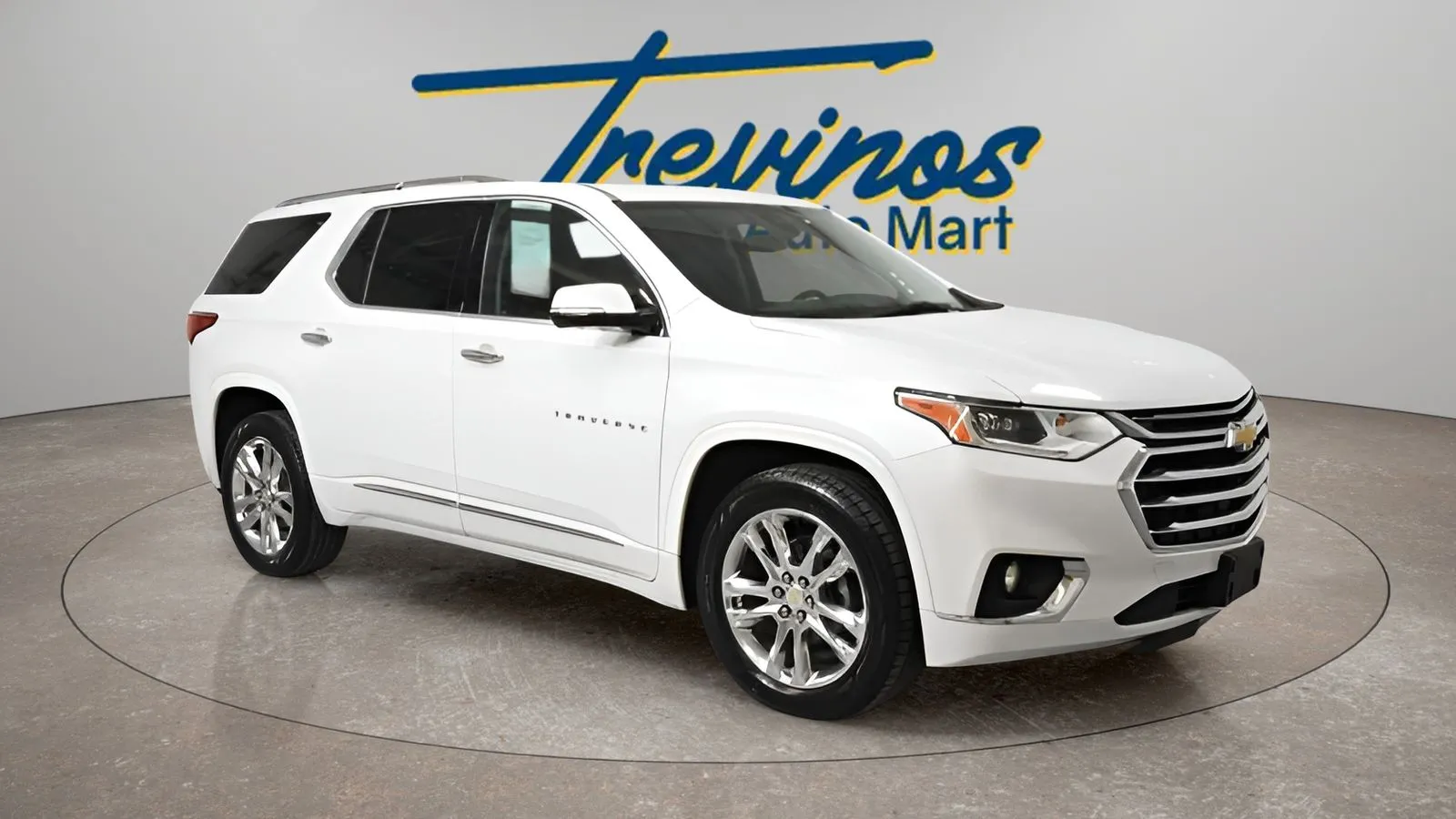Why Low Mileage Cars Are Worth the Extra Cost
Why Low Mileage Cars Are Worth the Extra Cost

You're on the hunt for a new car, but you're torn.
Should you save money upfront or invest in a low mileage car? Sure, they're pricier, but they've got fewer miles on the clock, which can mean less wear and tear, and potentially lower maintenance costs.
Let's dive into why low mileage cars might just be worth that extra cash. You might find they're a smarter investment in the long run.
Understanding the Value of Low Mileage Cars
Grasping the value of low mileage cars can greatly influence your choice when buying a used vehicle . This worth is derived from a number of elements such as verifying the mileage, the initial costs, insurance variations, fuel efficiency, and resale value.
Verifying the mileage is crucial. It gives you the confidence that the car hasn't been overused. A car with less mileage is likely to have fewer signs of wear and tear, meaning lesser repairs and a longer lifespan. It's a clever choice that brings benefits in the long run.
Yes, the initial costs might be on the higher side, but consider the future savings. Differences in insurance also tilt towards low mileage cars. Vehicles with less mileage often attract lower premiums, leading to savings over time.
Fuel efficiency is another important factor. According to the U.S. Department of Energy, cars with less mileage are usually more fuel-efficient. This means you'll be spending less on gas. And don't forget the resale value. According to Kelley Blue Book, one of the most trusted sources for used car values, cars with less mileage retain their value better. This gives you a higher return if you ever decide to sell.
Simply put, when you buy a car, you're also investing in a valuable asset. The next time you're looking to buy a used car, keep in mind the advantages of low mileage vehicles. The extra cost is worth it in the end.
Long-Term Benefits of Investing in Low Mileage Cars
Investing in a low mileage car can be quite a wise decision, especially in the long term. It's not just about owning a car, it's about getting the most value for your money. Think about it, you're not just joining a group of smart car owners, you're also making a move that prioritizes value over the latest hot models.
Let's talk about fuel efficiency . Cars with less mileage tend to consume less fuel. They haven't been through a lot of wear and tear, hence they can take you further distances with less gas. Just think about the savings you'll make daily!
Now, let's move on to the lifespan of the car. A car with less mileage will likely last longer. This means fewer visits to the repair shop, fewer bills and less worry for you.
And if you ever decide to sell the car , you'll be glad to know that low mileage cars hold their resale value better. Buyers see low mileage as a sign of a well-maintained car.
What's more, insurance companies love low mileage cars. They see them as less of a risk, which could translate to lower premiums for you.
According to a report from Consumer Reports, cars with lower mileage are less likely to need costly repairs. Moreover, a study from AutoTrader shows that cars with lower mileage tend to have a higher resale value.
The Impact of Car Mileage on Maintenance Costs
Let's talk about how the numbers on your car's odometer can seriously impact your car maintenance budget. The more miles your car has traveled, the more maintenance it's likely to need. This isn't just about regular oil changes . You also need to factor in costs like brake replacements, tire rotations, and other unexpected repairs that can take a big chunk out of your wallet.
You might think that a car with low mileage is going to be less of a headache. But, just because a car hasn't been used much, doesn't mean it's in perfect condition. Cars need regular use to keep all their parts working well. If a car isn't driven often enough, seals can dry out, tires can develop flat spots, and the battery can die. Don't let a low mileage fool you, it's important to understand the whole picture.
Every car has a maintenance schedule that's determined by its mileage. If you ignore this, you're likely to end up with expensive repairs. Yes, sticking to the plan can be a pain, but it's a worthwhile investment. It keeps your car reliable and reduces the chance of it breaking down.
When you're buying a car, think about mileage from both ends of the spectrum. Cars with low mileage might be more expensive upfront, but you might save money in the long run because they generally need less maintenance. On the other hand, cars with high mileage might be cheaper to buy, but you could end up spending more on repairs.
According to a report from Consumer Reports, high-mileage cars can cost an average of $1,500 a year in repairs, while low-mileage cars can cost around $800 a year. So, whether you're considering a Honda with 15,000 miles or a Toyota with 75,000 miles, make sure you factor in potential maintenance costs.
Comparing Depreciation: Low Mileage vs High Mileage Cars
Let's dive into the world of car depreciation and how mileage plays into it. The question you might be asking yourself is, does a car with fewer miles hold its value better than one that's been driven a lot? The answer is, it can.
Depreciation rates are heavily influenced by mileage. High mileage cars , while cheaper to buy, often depreciate faster. However, you can't forget the downside of low mileage cars, which tend to have a higher purchase price.
Cars with less mileage often depreciate at a slower pace than their high mileage equivalents. This can give you a better return if you decide to sell. Let's not forget to consider the age of the car too. Sometimes a newer car with a lot of miles can depreciate faster than an older car with fewer miles. This is because buyers usually look at the mileage before they consider the age of the car.
Maybe you see a low mileage car as a status symbol, something that makes you feel like you belong. But keep in mind, it's not just about the miles. The overall condition of the car and its maintenance history are important too.
In the end, whether you choose a high mileage or low mileage car, just make sure it fits your lifestyle and budget. According to Cars.com, the average American drives 13,500 miles per year. So if you're not driving that much, a low mileage car might be the better fit for you. But if you're a road warrior, a high mileage car could save you some money upfront. Remember, it's all about what works best for you.
Final Verdict About Low Mileage Cars
Investing in low mileage cars is worth the extra cost. You'll enjoy long-term benefits, less maintenance hassle, and slower depreciation.
If you're thinking about your next car purchase, remember: sometimes paying a little more up front can save you a lot down the road.
After all, it's not just about finding a car —it's about finding value.










